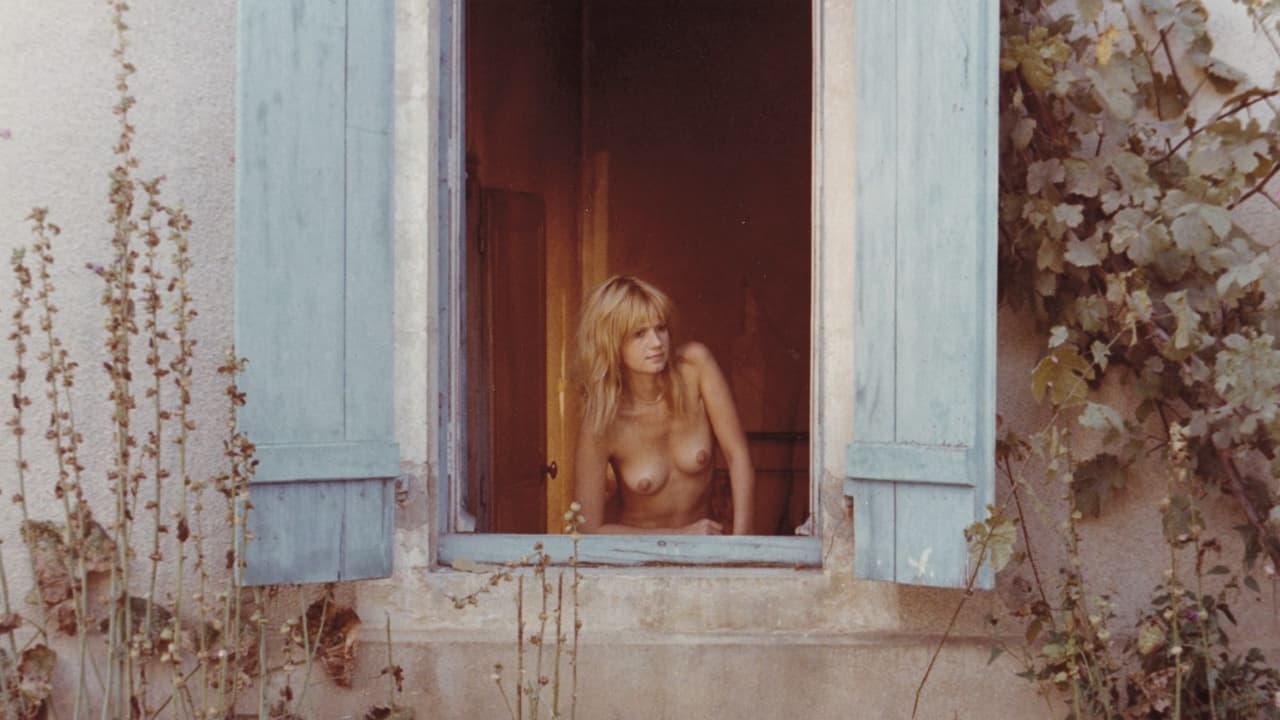

This film is not for people who take life too seriously, as some reviewers seem to have. yes, there's awful, despicable and unearthly goings on, yes, there is no "American style" moral to this film, no one comes out of this film in a good light. But, entertaining it is, and for a french film of this vintage, that is saying something. If you have seen reservoir dogs, or the godfather films, then you have seen worse violence than here, but this violence is more real, because it doesn't have that american slant of surrealism, with special effects etc. To say the things that happen in this film never happen is fundamentally wrong, they do happen, and as we now approach 2019 they happen with increasing regularity. This film is not false in any way, the eating in the canal house, the drinking of wine, the sex, the scenes of France of that era, all real, and all very believable, and that is where people might find it hard to accept, maybe it was a little too close to their ideas or/and experiences and as such, some might not like this. We found this film very scenic rich, and having visited many of the places this was shot not many years after, we found it very easy on the eyes. There is a certain amount of acting that can be taken either way, but i found much humor on the acting, and laughed quite a few times, i also found some scenes quite awful and would cut them if i had a choice, definitely one scene of the lady from the prison anyway. If you watch this, just remember one thing. It's only a film, and a good one at that
... View MoreBest film ever will give you a excellent mood. Not shocking. Not political correct. Not for USA public ( unless you have anarchic impulses ) Not for those thinking in boxes, labels, explanations and common sense. Not for the humorless. Patrick Dewaere is the best French actor and still rocks.
... View MoreI'd give it a ten for atmosphere and performances, but the misogyny of the characters (and, by implication, that of the author, who both wrote the story and filmed it) is too sickening, reaching truly horrifying proportions in the end chosen for Jeanne Moreau's character. Yep, we women should ALL commit suicide at forty, or whenever we stop being able to breed. Yep, there's nothing wrong with us, or the world at large, that a good shag won't cure. I thought growing up female in the eighties/nineties was tough; now I can only be thankful I wasn't around before then. Still, I'd recommend it to intelligent people; unfortunately, this is exactly the sort of movie that attracts most strongly the knuckle-dragging stupid. There's naked breasts (and more) in it, after all!
... View MoreI remember hitch hiking to Spain at 25, getting a lift from, what turned out to be, two fleeing Italian small crooks. They were doing a lot outside the law, but from the other side carrying a little portrait of Jesus in the pocket for their protection...Just and unjust, good and bad, criminal and correct where here in a new combination, outside of the categories I used to know. 'Les Valseuses' gives me, although a film and not real life, a picture close to my own experiences: the intenseness of each moment as soon as you leave 'all behind' and go for the momentous, whatever comes your way, it's another state of mind and also 'dangerous' form of life, because, as we all know, there are people who are not ready for this and willing to persecute you for 'stealing' and so on...This film touches 'values', it's a story about 'what's right and wrong': morals. It's resurrection of the individual fighting him/ herself free against the 'false morals' and conformism...There's danger all the way, because, how far can you go with your own 'freedom' and crossing your own moral borders and that of other people? What to do with people who are willing to hurt you, put you in jail or even shoot at you for the things that you do, like "stealing" some petrol from a multinational oil company for you fifth hand car? Les Valseuses re-awakens these questions in me, because morality, in contradiction to the usual 'media message', is quite complex...
... View More